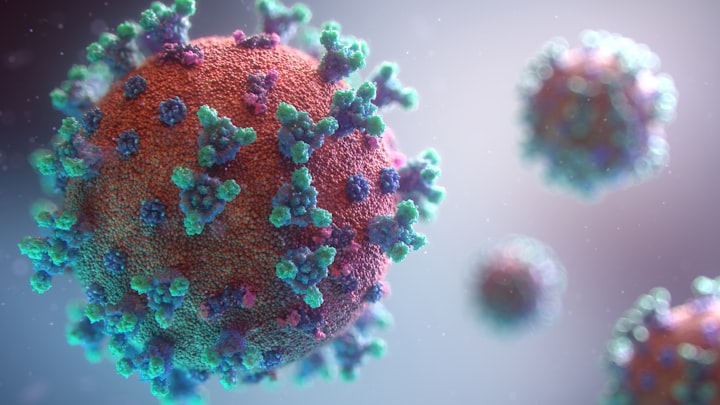
The COVID-19 pandemic has had an unprecedented impact on the world, affecting nearly every aspect of human life. Originating in late 2019, the novel coronavirus, named SARS-CoV-2, quickly spread across the globe, leading to a public health crisis of immense proportions. In this text, we will explore the causes, consequences, and global response to the COVID-19 pandemic.
The pandemic was caused by the transmission of the SARS-CoV-2 virus, primarily through respiratory droplets when an infected individual coughs, sneezes, or talks. The virus quickly spread from person to person, facilitated by international travel and global interconnectedness. Asymptomatic individuals could unknowingly transmit the virus, making it challenging to control its spread effectively. The highly contagious nature of COVID-19 led to widespread outbreaks and necessitated urgent and stringent measures to contain it.
Governments around the world implemented various strategies to slow down the transmission of the virus and mitigate the impact on healthcare systems. These strategies included social distancing measures, such as lockdowns, travel restrictions, and the closure of non-essential businesses and public spaces. The goal was to reduce person-to-person contact and "flatten the curve" to prevent overwhelming healthcare facilities. Additionally, widespread testing, contact tracing, and quarantining of infected individuals and their close contacts were implemented to identify and contain outbreaks.
The consequences of the COVID-19 pandemic have been far-reaching and multi-faceted. First and foremost, there has been a significant loss of human life. The virus has claimed the lives of millions of people worldwide, causing immense grief and putting a strain on healthcare systems. The pandemic has also caused severe economic disruptions, with businesses shutting down, millions of people losing their jobs, and economies experiencing recessionary pressures. Sectors such as travel, hospitality, and retail were hit particularly hard, exacerbating socioeconomic inequalities.
The pandemic has also had profound effects on mental health. The prolonged periods of isolation, fear, and uncertainty have taken a toll on people's psychological well-being. Increased levels of stress, anxiety, and depression have been reported globally, highlighting the need for mental health support and resources.
Education systems have been severely impacted as well. Schools and universities were forced to close, and remote learning became the new norm. However, the transition to online education has not been without challenges, as it has highlighted the digital divide and unequal access to resources among students. The disruption to traditional learning methods and reduced social interactions have also had adverse effects on students' academic progress and socio-emotional development.
The COVID-19 pandemic has showcased the importance of global collaboration and scientific advancements. Efforts to develop vaccines against SARS-CoV-2 have been accelerated, leading to the successful development and deployment of multiple vaccines in record time. Vaccination campaigns have played a crucial role in controlling the spread of the virus and reducing the severity of illness. However, vaccine distribution has been uneven, with disparities between high-income and low-income countries, highlighting the need for equitable access to vaccines worldwide.
In addition to vaccines, public health measures such as mask-wearing, hand hygiene, and testing continue to be essential tools in managing the pandemic. Ongoing research and surveillance are crucial to monitor the emergence of new variants and adapt public health strategies accordingly.
The COVID-19 pandemic has also emphasized the importance of global health preparedness and response. It has exposed weaknesses in healthcare systems, supply chains, and communication networks. Governments and international organizations are now working to strengthen these systems to better respond to future pandemics.
In conclusion, the COVID-19 pandemic has had a profound and lasting impact on individuals, communities, and societies worldwide. It has caused immense loss of life, disrupted economies, strained healthcare systems, and affected mental health and education. However, the global response to the pandemic has demonstrated the resilience of human ingenuity and the power of collaboration. By learning from this experience, investing in public health infrastructure, and fostering international cooperation, we can better prepare for and mitigate the impact of future pandemics.





Comments
There are no comments for this story
Be the first to respond and start the conversation.